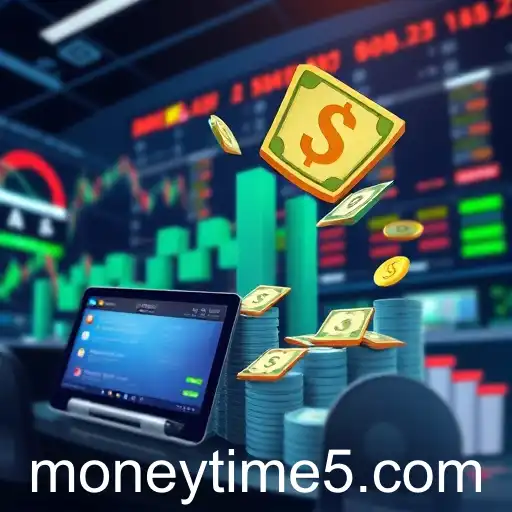
Exploring the significant impact of online gaming's economic trends in 2025.
In recent years, the world of online gaming has not only transformed how we entertain ourselves but also how we perceive economic interactions in virtual spaces. The term 'money time' has become a key component of this sector, highlighting the intersection of gaming and real-world economic dynamics.
Online gaming has evolved beyond mere entertainment, now encompassing complex economic systems that mirror real-world finance. In 2025, these systems have become an important aspect of the global economic fabric. Virtual currencies within games, such as coins and tokens, are traded extensively, often with real-world value implications.
This trend has significantly impacted the gaming industry, as more game developers integrate advanced economic models within their platforms. Players today find themselves engaging with these models, where understanding market trends can lead to substantial in-game earnings. For instance, the rise of NFTs in games offers players the opportunity to buy, sell, and trade digital assets in ways that parallel the stock market.
However, such developments are double-edged. While providing new revenue streams and engaging gameplay, they also present challenges regarding regulation and player protection. Discussions around these dynamics in forums and regulatory bodies indicate a growing need for safeguards to protect consumer rights amid this monetization.
'Gaming economy' is now a crucial subject in economic studies, reflecting changes brought about by virtual ecosystems. Players, previously just users of a service, are now participants in dynamic economic systems. The conversation around 'money time' will continue to shape the ways in which games integrate into broader economic contexts, indicating a shift in how we conceptualize both gaming and economics.
As we move further into 2025, the gaming world and its economic implications remain a crucial focus. The evolution of this industry carries significant potential, with the promise of an even more integrated economic future between the virtual and real worlds.




